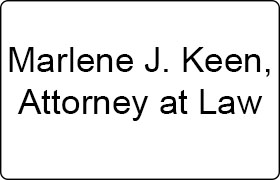Ramona Divorce & Family Law Lawyer, California
Sponsored Law Firm
-
 x
x

Click For More Info:
-
Marlene J. Keen, Attorney at Law
600 B Street Suite 2020 San Diego, CA 92101» view mapDivorce and Family Personalized Service You Deserve
We provide unmatched personal attention for civilian and military clients facing complex family law matters.
800-764-2990
Marc David Shular
Family Law, Child Support, Divorce & Family Law
Status: In Good Standing Licensed: 32 Years
 Marlene Keen San Diego, CA
Marlene Keen San Diego, CA AboutMarlene J. Keen, Attorney at Law
AboutMarlene J. Keen, Attorney at Law Practice AreasExpertise
Practice AreasExpertise
